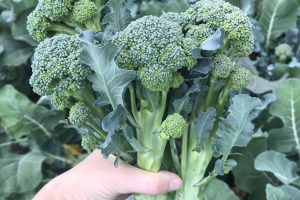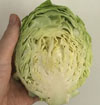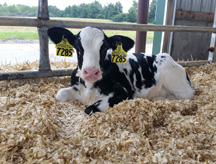
Critical calf care is important all year’round, but can be especially so in the cold winter months. The NNYADP has funded a number of calf care projects, for example:
Determining the Enteropathogens Causing Neonatal Diarrhea and the Association with Antibiotic Use on NNY Dairy Farms (pdf)
Click here to learn about other NNYADP Dairy-Related Research:
https://nnyagdev.org/index.php/research-news/research-projects/
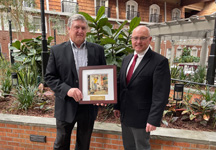
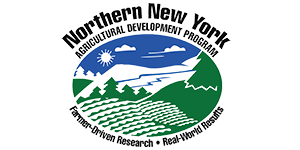
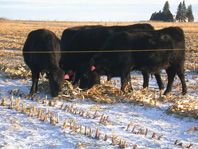 Tuesday, December 7, 2021; 7-8:30 pm, Zoom Webinar: Free
Tuesday, December 7, 2021; 7-8:30 pm, Zoom Webinar: Free